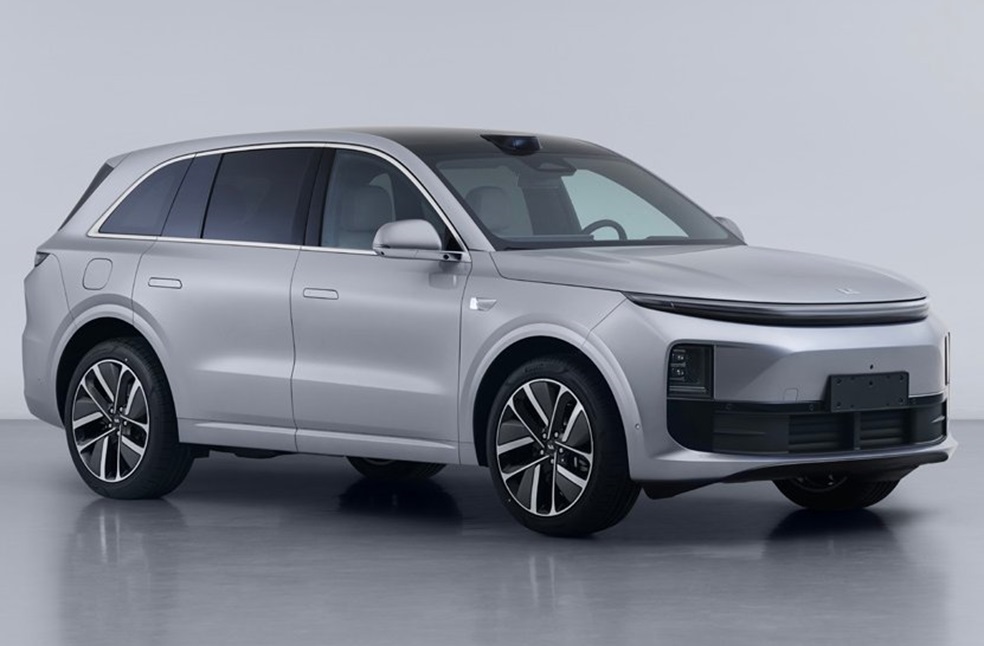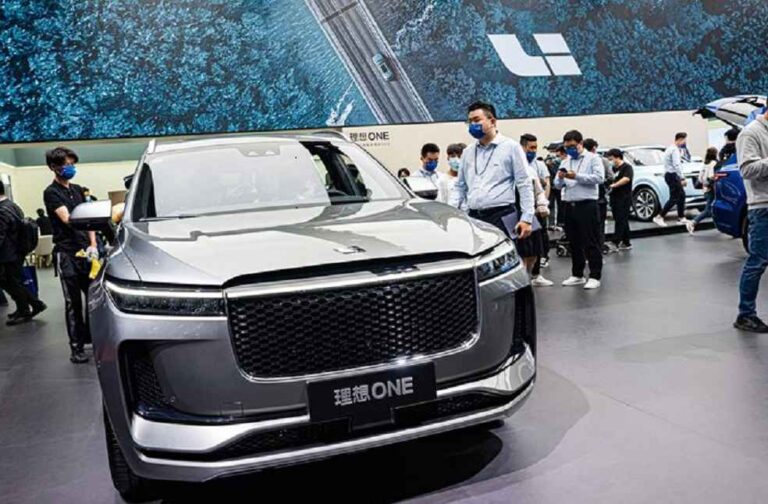Li Auto’s shares slumped by 5.62% to $24.36 on September 26, 2025, after China’s Ministry of Commerce announced a major policy shift requiring all electric vehicle (EV) makers to obtain export licenses from January 1, 2026. The new regime marks a significant tightening of oversight in the country’s booming EV sector, raising concerns for manufacturers with global ambitions.
The licensing framework, which will apply to domestic automakers and their authorized partners, is intended to regulate China’s fast-expanding EV exports and protect the industry’s international reputation. Officials said the system would prevent excessive competition, reckless exports, and unregulated trading that could harm brand value and disrupt pricing in overseas markets.

For Li Auto, the announcement comes at a sensitive time. The company sold more than 500,000 vehicles in 2024, representing about 4% of China’s passenger new energy vehicle market. It has become a key player in China’s rise as the world’s largest car exporter, with 5.5 million vehicles shipped abroad last year, 40% of them electric. EV exports alone surged to 1.65 million units in 2024, doubling in just two years.
Industry observers note that the new rules mirror restrictions already imposed on internal combustion engine and hybrid models, aimed at maintaining quality standards and protecting the prestige of Chinese cars abroad. Analysts say the move will likely reshape the competitive landscape, giving an advantage to larger, well-resourced manufacturers while posing challenges for smaller or less established players.
Market reaction to the announcement was swift. While the broader S&P 500 rose modestly, Li Auto’s American Depositary Receipts dropped nearly 5% as investors worried that the rules could dampen overseas growth or slow export momentum.

Despite the setback, Li Auto retains a relatively solid financial position. The company’s revenue has risen 7.2% over the past year and 174.2% over the past five years, while EBITDA grew 7.3% year-on-year. Analysts note its price-to-earnings ratio of 23.05 and price-to-book ratio near its one-year low of 2.42 suggest potential undervaluation. With an Altman Z-Score of 2.69, placing it in a financial ‘grey area,’ and growth slowing, the new licensing regime adds another layer of uncertainty.
The broader picture reflects Beijing’s strategic ambitions. By tightening control, the government seeks not only to safeguard product quality but also to avoid oversupply and reputational risks in global markets. Authorities have voiced concerns about reckless trading practices and lack of post-sales support, both of which could undermine confidence in Chinese EVs abroad.
Analysts suggest that Li Auto, with its strong balance sheet and reputation for premium smart new energy vehicles, may be better positioned than many rivals to adapt. Still, securing an export license and maintaining compliance will be crucial to sustaining its global trajectory.
TRENDING | UK to Guarantee £1.5bn Loan for Jaguar Land Rover





